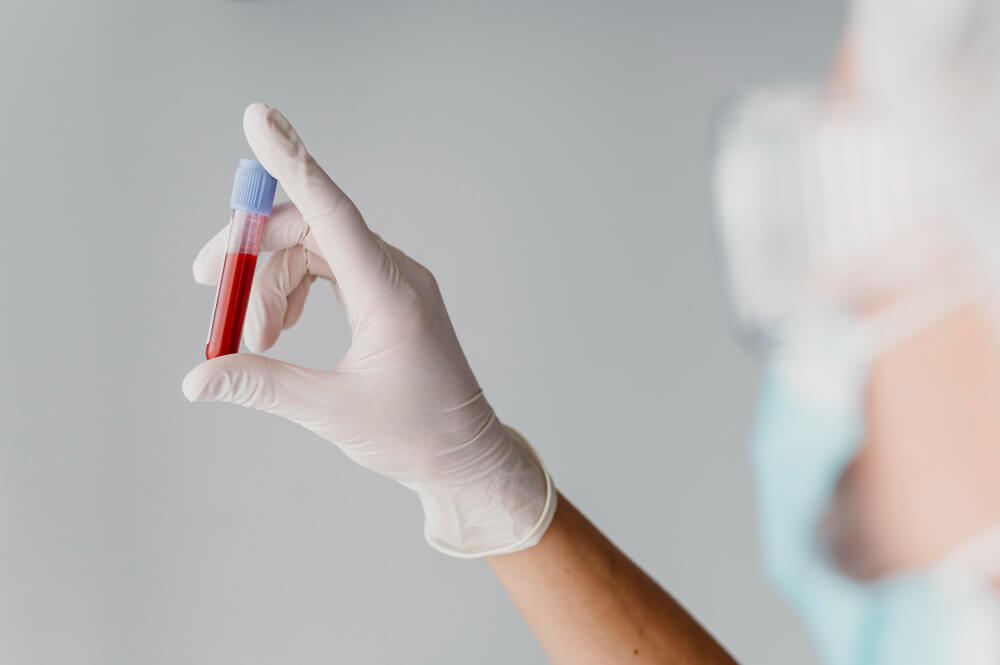Unveiling the Past: Understanding Syphilis and the Importance of STD Testing
Syphilis, a bacterial infection transmitted through sexual contact, has plagued humanity for centuries. While often associated with the past, syphilis remains a prevalent sexually transmitted disease (STD) today. Early detection and treatment are crucial for preventing serious complications associated with untreated syphilis. This article empowers you to prioritize your sexual health by providing a comprehensive understanding of syphilis and the importance of STD testing.

Demystifying Syphilis: Causes, Symptoms, and Potential Risks
Causes:
Syphilis is caused by the bacterium Treponema pallidum and is primarily transmitted through vaginal, anal, or oral sex with an infected partner. Sharing sex toys without proper cleaning can also increase the risk of contracting syphilis.
Symptoms:
Syphilis progresses through several stages, each presenting with distinct symptoms:
- Primary Stage: A painless sore appears at the infection site (genitals, mouth, rectum) within 3 weeks of exposure.
- Secondary Stage: A rash appears on the body, often accompanied by fever, fatigue, and swollen lymph nodes.
- Latent Stage: The infection can remain dormant for years without any noticeable symptoms.
- Tertiary Stage: If left untreated, syphilis can damage the heart, nervous system, and other organs, leading to serious health complications.
Potential Risks:
Untreated syphilis can lead to various devastating consequences:
- Organ Damage: Syphilis can damage the heart, brain, and nervous system, causing blindness, dementia, and even death.
- Pregnancy Complications: Syphilis can be transmitted from a pregnant woman to her baby, leading to miscarriage, stillbirth, or serious health problems in the newborn.
- Increased Risk of HIV Transmission: Syphilis can cause sores on the genitals, making it easier for HIV to enter the bloodstream.
The Power of Early Detection: STD Testing for Syphilis

Early detection through routine STD testing is key to effectively treating syphilis and preventing complications. Here’s a breakdown of various testing methods available:
- Blood Tests: A simple blood test can detect syphilis at any stage of the infection.
- Dark-field microscopy: This test uses a microscope to examine a fluid sample from a sore for the presence of syphilis bacteria.
STD testing is readily available at various healthcare providers’ offices, clinics, and Planned Parenthood locations. Many offer confidential testing, ensuring privacy and reducing anxieties associated with the process.
Benefits of Early Detection and Treatment
Early detection and treatment of syphilis offer numerous benefits:
- Prevents Complications: Prompt treatment prevents the development of serious health complications like organ damage and neurological problems.
- Reduces Risk of Transmission: Effectively treated individuals are significantly less likely to transmit syphilis to partners.
- Protects Future Pregnancies: Treatment eliminates the risk of transmitting syphilis to a fetus during pregnancy.
- Promotes Overall Wellbeing: Addressing syphilis infection improves overall sexual health and peace of mind.
Minimizing Your Risk: Responsible Sexual Practices
While STD testing plays a crucial role in promoting sexual health, practicing responsible sexual behavior is vital for minimizing your risk of contracting syphilis:
- Consistent Condom Use: Using condoms correctly and consistently during vaginal, anal, and oral sex significantly reduces the risk of contracting syphilis.
- Communication is Key: Open communication with partners about sexual history and STD testing is crucial for responsible intimacy.
- Mutual Testing: Consider getting tested together with your partner for greater peace of mind.
